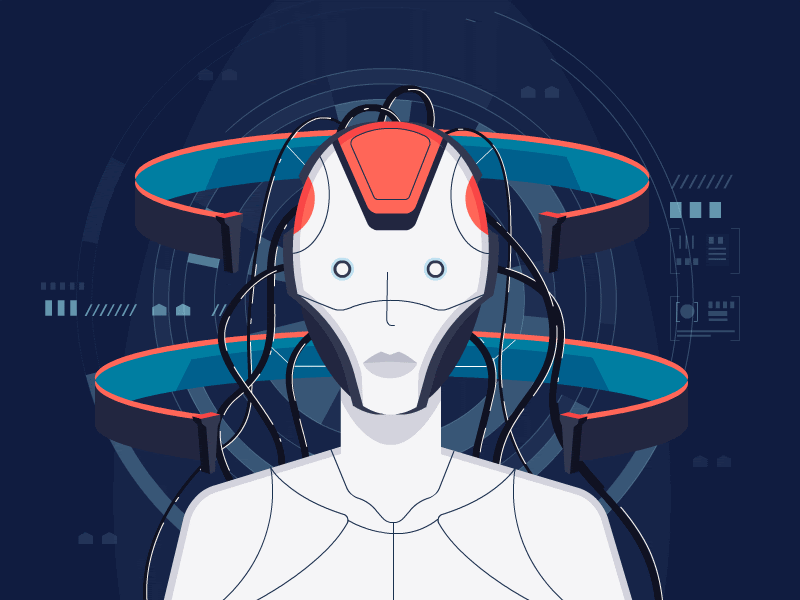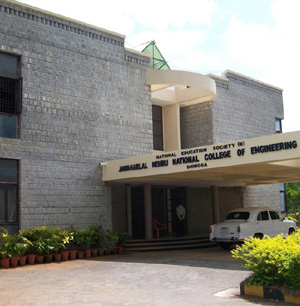We have three lab, with the areas given below.
| NAME |
Computer Lab1 |
Computer Lab2 |
Hardware Lab |
| AREA in SQM |
56 |
56 |
56 |
We Provide individual computer system to each student.
Laboratory-1 and Laboratory-2 are utilized for CAD design, RoboDK-based robotics simulation, AI laboratory experiments, and C/Python programming related to Robotics and Artificial Intelligence.
RAI is not only software-based; it requires hands-on interaction with real hardware to implement sensing, actuation, control, and intelligent decision-making. A dedicated Hardware Lab bridges the gap between simulation and real-world deployment.
The Hydraulics & Pneumatics Lab provides hands-on training in fluid power systems used for motion control, force generation, and automation in robotics and industrial systems









